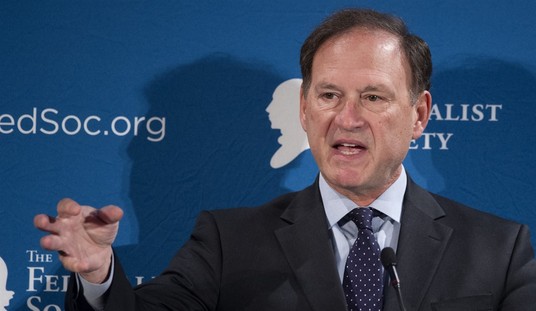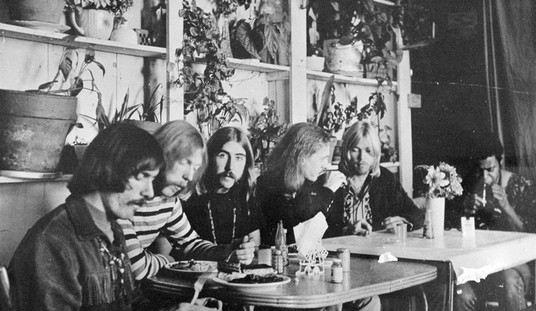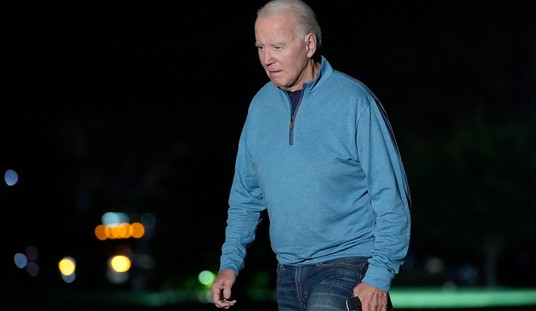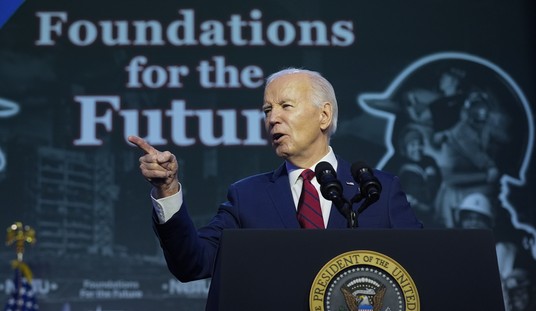For the record, we have no evidence that the bosses of United Auto Workers actually club baby harp seals but, metaphorically speaking, their tactics are eerily similar.
In August, the UAW’s Bob King declared his intent to “shame” companies that do not accept his “Principles for Fair Union Elections.” While eyes rolled throughout the labor relations community, most withheld comment, opting to wait and see what King had up his festooned sleeve. Well, the wait is over.
Because King’s “principles” were unilaterally conjured up in some back office at the UAW’s HQ (or on one of the UAW’s fairways), and given the hints of doom and gloom if an employer did not comply, many never really expected the UAW’s principles to be necessarily fair or principled. As a result, when the UAW officially issued its “principles” on Monday, the Union of Ailing Workplaces UAW did not surprise anyone with its wrong-headedness. In fact, not only did Bob King keep the basic tenets of the failed Employee Free Choice Act in place, he’s taken it even further.
The UAW’s “Principles for Fair Union Elections” [view PDF here] is a series of 11 mostly one-sided and seemingly innocuous guidelines, a few of which are harmless, a few that are superfluous, and several which strike at the heart of an employer’s property and free speech rights.
For example:
# 5. Equal access to the electorate
During the course of a union representational campaign, employees will have the opportunity to hear equally from both the union and management regarding this issue. There will be no mandatory meetings of employees on the issue of unionization unless the UAW is invited to participate in the meetings. Written and oral communications must be equal. The union must be granted the same ability as the employer to post campaign material.
During the course of union campaigns today, unions have access to employees during their off-hours and frequently engage in home visits and telephone soliciting. In addition, during non-working time (i.e., break times and lunches), union supporters can and often do “campaign” their co-workers Employers, on the other hand, are normally restricted to communicating with employees only during work time.
Moreover, the employer operates under much stricter legal scrutiny than unions during unionization campaigns [see NLRB poster here detailing current restrictions].
The UAW’s “principle” is aimed at eliminating all direct communication an employer may have with employees, unless the UAW is present.
# 6. Disavow any threats from community allies
Management will explicitly disavow, reject and discourage messages from corporate and community groups that send the message that a union would jeopardize jobs. Likewise, the UAW will explicitly disavow, reject and discourage messages from community groups that send the message that the company is not operating in a socially responsible way.
Never mind that a union could, in fact, jeopardize jobs, the UAW’s insistence that a company can somehow control a community group is pathetic. Moreover, it’s hypocritical when the UAW already has “community groups” in its back pocket itching to attack companies that don’t roll over to the UAW. Worse, what happens if a group of employees organizes its own community group opposed to unionization? If an employer discourages employees (at the UAW’s insistence), both could be violating employees’ rights.
And here is where the UAW goes completely off the reservation:
# 9 Secret ballot election
The democratic right of workers to freely and collectively choose if they want to form their UAW local union is the workers’ First Amendment right. A secret ballot election incorporating these principles is an acceptable method of determining union representation if principles two through six have been adhered to, and if there is no history of anti-union activities. The parties may select an alternative method on a case-by-case basis that reflects the best process for demonstrating employee wishes. If the parties cannot agree on specifics of the procedure, an arbitrator may decide. [Emphasis added.]
That’s card-check. Any questions?
Now, read this one carefully…
#10 Bargaining
If employees choose to unionize, the employer and union will engage in collective bargaining to achieve an agreement as soon as possible. The goal will be an agreement that takes into account the employer’s need to remain competitive; the dignity, respect, and value of every employee; the importance and value of full employee engagement and creative problem solving; and that provides a fair compensation system. The employer and the UAW commit to full information sharing and joint creative problem solving. The employees will vote on whether to accept the agreement. Disagreements between the union and company will be discussed in a respectful manner. If no agreement is reached within six months of recognition, the parties may mutually agree to mediation and/or interest arbitration to resolve any outstanding issues.
First, the UAW wants access to employer records and, presumably, books (as in profit and loss statements).
Second, while the UAW states that employees have the right to vote on an agreement, the union then goes on to state that any disagreements would be submitted, after mediation, to an arbitrator—which means employees would not vote after all. [See related article on how the NLRB approved the UAW’s denial of its own members’ voting rights.]
Of course, Monday’s release of the UAW’s “Principles for Fair Union Elections” came with an as-promised iron-fist-in-a-velvet-glove threat aimed at employers:
UAW President Bob King signaled in an interview the union is willing to take a much less confrontational approach to foreign car makers than it did decades ago in battles to become established at the Big Three.
But if the companies don’t agree to a set of rules being promoted by the union to ensure what it calls free and fair union elections, he indicated the fight could turn nasty—and global.
The UAW, he said, would hold demonstrations at the corporate headquarters of these companies outside the U.S. as well as at their U.S. plants. In addition, it would picket their dealerships in the U.S. and abroad, and sports events globally that are sponsored by the car companies.
Mr. King said he will tap the union’s strike fund of more than $800 million for the push, calling it the best way to protect his current membership. “We have, in many ways, pretty deep pockets in terms of what we’re willing to spend,” said Mr. King, adding that the union already approved spending $60 million on organizing at its convention in June. “We have really unlimited resources to devote to this. It’s unlike anything that’s been seen in the UAW in many, many years.”
The UAW’s thug-like threats not withstanding, with a plan as duplicitous as this, why the UAW believes that it can hide behind the facade of having any ‘principles’ is beyond reason.
_________________
“I bring reason to your ears, and, in language as plain as ABC, hold up truth to your eyes.” Thomas Paine, December 23, 1776













Join the conversation as a VIP Member